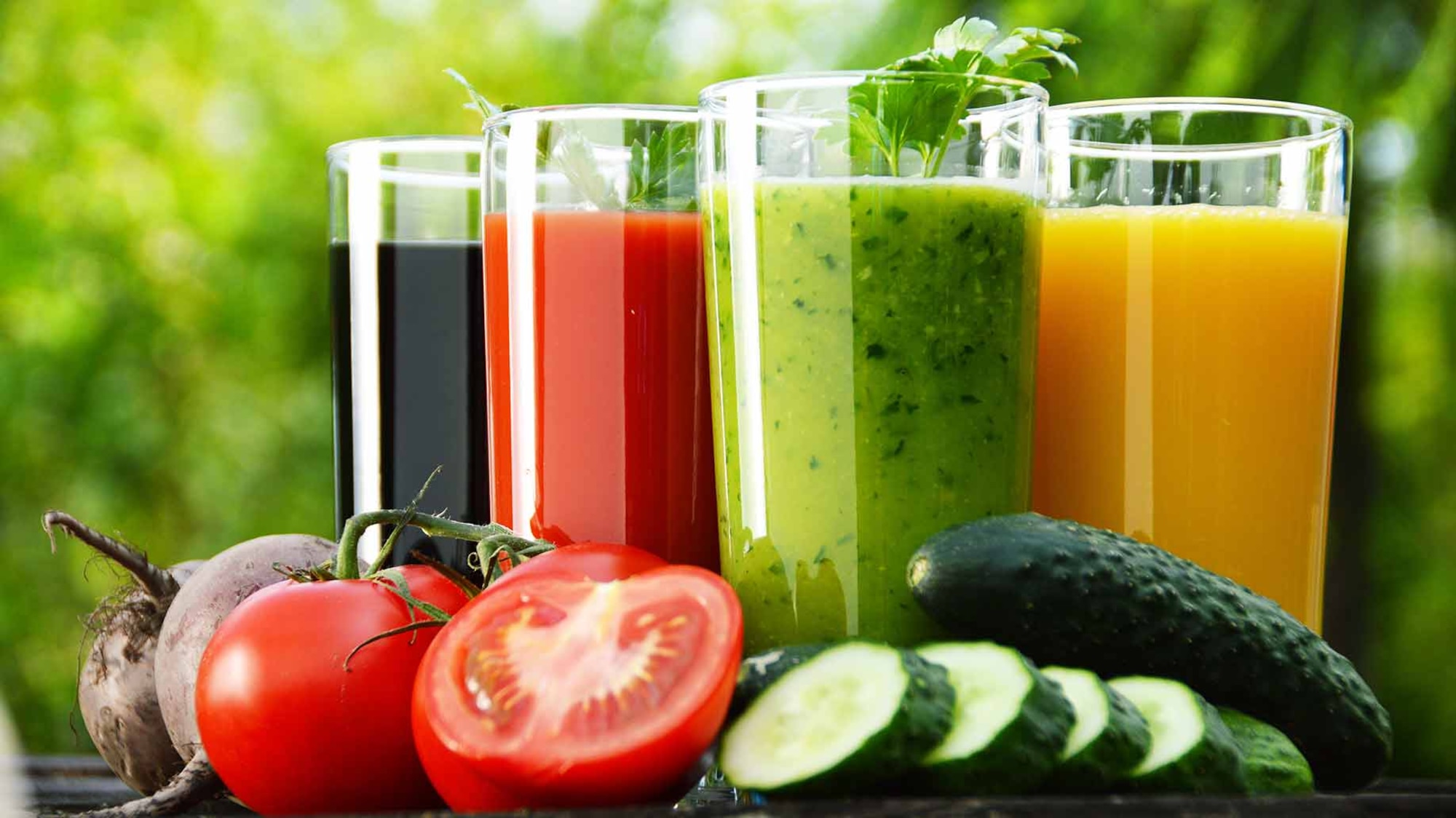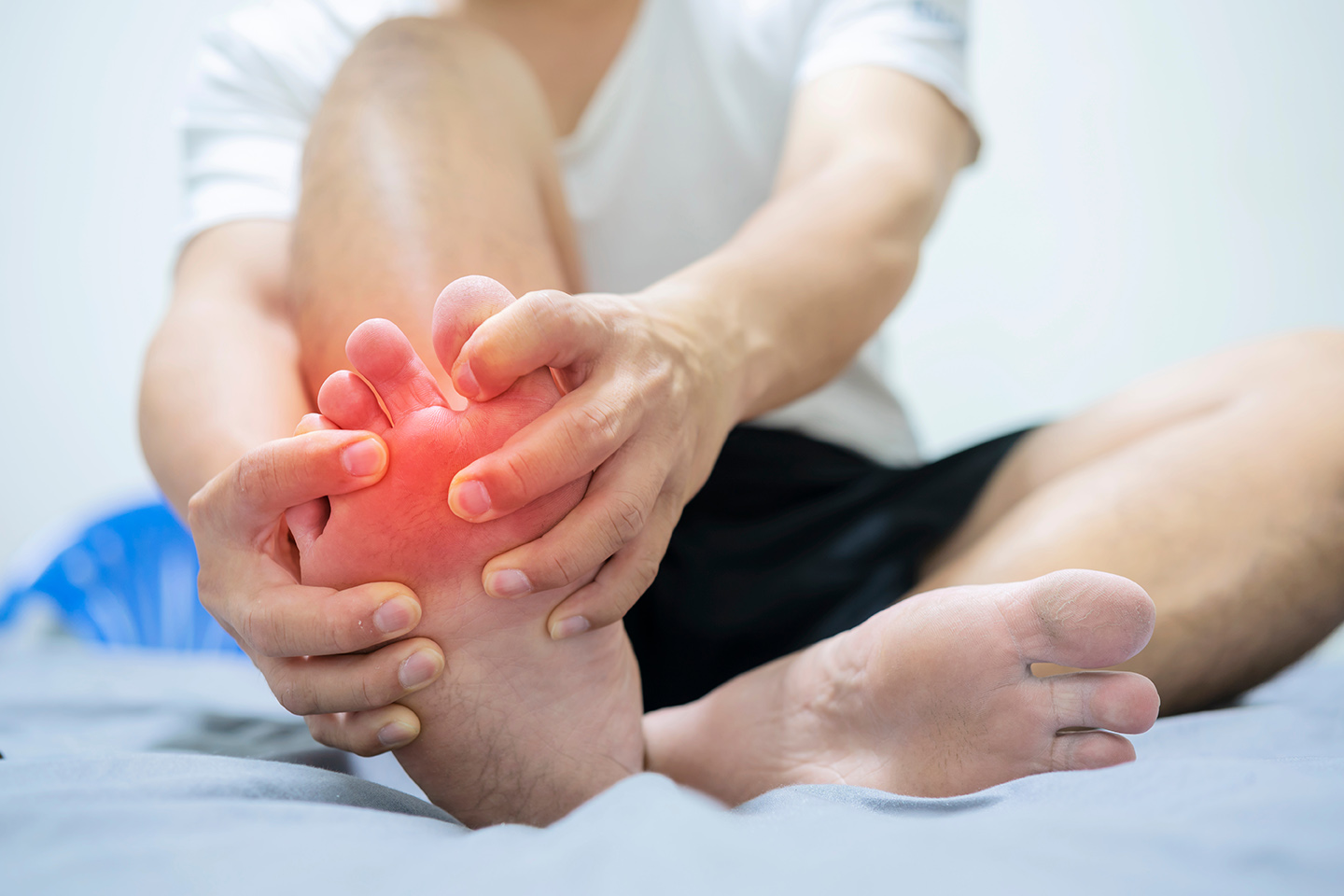Detox diets have become increasingly popular in recent years, often marketed as a quick fix to eliminate toxins, boost energy, improve digestion, and promote weight loss. With promises of clearer skin, flatter stomachs, and a “reset” for the body, it’s easy to see why detox diets attract attention. But do these diets actually deliver on their claims? And are they scientifically backed—or simply another health fad?
In this article, we’ll explore what detox diets are, how they work (or don’t), the myths versus the facts, and healthier alternatives for supporting your body’s natural detox processes.
🥒 What Is a Detox Diet?
A detox diet typically involves a short-term eating plan designed to “cleanse” the body of toxins. These diets often include:
- Fasting or severely restricting food intake
- Drinking only juices or smoothies
- Consuming herbal teas, supplements, or colon cleanses
- Eliminating processed foods, sugar, caffeine, dairy, or gluten
Some detox regimens last only a few days, while others may extend for weeks. The goal, according to proponents, is to rid the body of harmful substances and give the digestive system a break.
🧪 What Are Toxins, Really?
The word “toxin” is frequently used in marketing but rarely defined. In medical terms, toxins can be harmful substances such as:
- Environmental pollutants (e.g., heavy metals, chemicals)
- Alcohol and drug byproducts
- Bacterial or metabolic waste products
However, the human body already has highly efficient systems in place to manage and eliminate toxins, primarily through the liver, kidneys, lungs, skin, and digestive tract.
🩺 Do Detox Diets Actually Work?
🔍 The Science: Myth vs. Fact
Myth: Detox diets flush toxins out of your body.
Fact: There is no scientific evidence that detox diets accelerate toxin removal. Your liver and kidneys naturally detoxify your body 24/7.
Myth: Detox diets lead to long-term weight loss.
Fact: You may lose weight initially due to water loss and calorie restriction, but it’s usually temporary. Once regular eating resumes, weight often returns.
Myth: Fasting or juice cleanses give your body a break and “reset” your system.
Fact: Extended fasting can deprive your body of essential nutrients, slow metabolism, and cause fatigue or dizziness.
⚠️ Potential Risks of Detox Diets
While some detox plans may promote temporary healthy habits (like reducing processed foods or increasing hydration), restrictive detoxes can have negative side effects, including:
- Nutrient deficiencies
- Muscle loss
- Fatigue and irritability
- Dehydration or electrolyte imbalance
- Digestive problems (especially with laxative-based detoxes)
People with certain health conditions, such as diabetes or kidney disease, should avoid extreme detoxes altogether.
✅ Healthier Ways to Support Your Body’s Natural Detox System
Instead of extreme cleanses, focus on sustainable lifestyle choices that naturally support your body’s detox functions:
1. Stay Hydrated
Water helps flush out waste through urine and supports kidney and liver function.
2. Eat Fiber-Rich Foods
Fiber aids digestion and helps eliminate toxins through bowel movements. Load up on fruits, vegetables, whole grains, and legumes.
3. Support Liver Health
Your liver is your body’s main detox organ. Foods that may support liver function include:
- Leafy greens
- Garlic
- Beets
- Green tea
- Cruciferous vegetables (broccoli, cauliflower, Brussels sprouts)
4. Exercise Regularly
Physical activity increases circulation, improves digestion, and supports lymphatic flow—all of which assist in natural detoxification.
5. Get Quality Sleep
Restful sleep allows the brain and body to repair and clear out waste products like beta-amyloid (linked to Alzheimer’s disease).
6. Limit Alcohol and Processed Foods
Alcohol and ultra-processed foods add to your body’s detox burden. Reducing them helps lighten the load on your liver and kidneys.
🧘♀️ Mindful Alternatives to Detoxing
If you’re drawn to detox diets for a sense of control or as a “fresh start,” consider these mindful, balanced approaches:
- Intermittent fasting: Short, controlled fasting windows may offer benefits for blood sugar control and metabolism without extreme restriction.
- Whole food resets: Try a few days of clean eating—focusing on unprocessed, plant-based meals with plenty of water and movement.
- Digital detox: Sometimes, mental clarity comes not from food restrictions but from reducing screen time and practicing mindfulness.
🔚 Conclusion: Do Detox Diets Really Work?
Not in the way most people think. While detox diets may offer a psychological “reset” or temporary weight loss, the body doesn’t need extreme regimens to rid itself of toxins. In fact, it does a remarkable job of detoxifying itself—if you support it with healthy habits.
Instead of chasing quick fixes, focus on long-term wellness: eat whole foods, drink plenty of water, move your body, and sleep well. These simple steps are far more effective than any miracle cleanse—and they’re sustainable, too.
💡 Bottom line: Your body is already a detox machine. Treat it with care, and it will do the rest.




